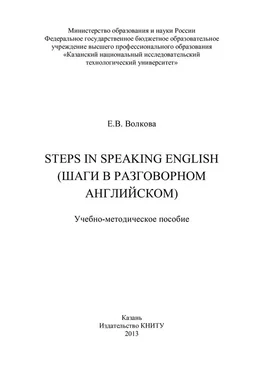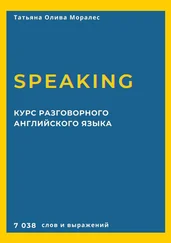Е. В. Волкова
Steps in Speaking English (Шаги в разговорном английском)
Lesson I. Topics: Age groups, Life stages, Habits
Vocabulary. Age groups and corresponding institutions.
Baby, toddler 1 1 toddler – ребёнок, начинающий ходить
, child, pupil, teenager, school leaver 2 2 school leaver – выпускник школы, абитуриент
, student, high school graduate 3 3 high school graduate – выпускник университета
, bachelor/graduate student 4 4 bachelor/graduate student – бакалавр
, master 5 5 master – магистр
, Doctor of Philosophy/PhD 6 6 Doctor of Philosophy/PhD – доктор наук
, grown-up, adult, middle-aged, pensioner, old/elderly, nursery school, school, kindergarten, college university, institute, academy, job, army, pensioner's house
Mind the difference:
Institute – an organization having a particular purpose, especially one that is involved with science, education, or a specific profession
University – a high-level educational institution in which students study for degrees
Academy – a society or institution of distinguished scholars and artists or scientists that aims to promote and maintain standards in its particular field
Exercise 1. Answer these questions:
1. What do you think the age range for each time of life is?
2. What is the difference between a baby and a toddler?
3. What is the difference between a child and a teenager?
4. What is your life stage now?
5. What life stage is the happiest?
6. What life stage is the worst?
7. What institutions do people of different age groups attend?
Vocabulary. Life stages.
have children, buy a car, rebel against your parents, get a job, get engaged, have your first kiss, look after your grandchildren, build a house, retire, get married, graduate from university, earn a good salary, learn to drive a car, get a place of your own, army, education, career, family, win a competition, leave school, get the first job, to give birth to a child, to be in love at the first sight
Exercise 2. Answer these questions:
1. What is the typical age in your country to do the things above?
2. Have you ever rebelled against your parents? Why? In what way?
3. What is the ideal first kiss for you?
4. In what age do people usually learn to drive a car?
5. Why don’t young men want to go to the army?
6. What is the best age for having a child?
7. What marks did you leave school with?
8. What should you do for getting a job and earning a good salary?
9. How many children would you like to have?
10. What is more important: family or career?
11. What should be done earlier: getting a place of your own or getting married?
Exercise 3. Speak to other students and find someone who:
– is an only child
– isn’t married
– has got a summer cottage
– has got a car
– hasn’t got children
– lives in an apartment
– doesn’t like chocolate
– can act as a teacher
– can’t play a musical instrument
– enjoyed reading as a child
– can build a house
– gave birth to a child
– can swim
– has a pet
Exercise 4. Read the text.
Naomi Campbell
Naomi Campbell is a British supermodel and actress. She did numerous fashion and beauty campaigns for big brands like Versace, Yves Saint Laurent, H&M, Louis Vuitton, Valentino and others. She is estimated to have acquired a wealth of US$28 million from modeling. But Naomi Campbell was not always rich and famous.
What sort of life did Naomi have as a child?
Naomi Campbell was born in 1970 in Streatham, South London.
In accordance with her mother's wishes, Campbell has never met her father, who abandoned her mother when she was four months pregnant. During her early years, Campbell lived in Rome, where her mother worked as a dancer. At the age of ten, she was accepted into the Italia Academy of Theatre Arts, where she studied ballet.
How did she start her successful career?
Campbell's first public appearance came at the age of seven, in 1978, when she was featured in the music video for Bob Marley's "Is This Love". In 1986, Campbell was scouted by Beth Boldt, head of the model agency. Her career quickly took off – before her sixteenth birthday, she appeared on the cover of British Elle. In January 1990, Campbell was declared as "the reigning megamodel".
What did she do later?
In the mid 1990s, Campbell branched out into other areas of the entertainment industry. Her novel "Swan" about a supermodel was released in 1994. That same year, Campbell released her music album "Babywoman". In 1995, Campbell invested in a chain of restaurants called the Fashion Cafe. Campbell also attempted an acting career.
Exercise 5. Make 3 questions about Naomi Campbell and ask them other students.
Vocabulary. Youth and old age.
do a lot of sport, be always active/energetic, have a lot of hair, be quite slim, not have a girl friend, have a bicycle, not have much money, have elastic pure skin, not do any sport, not have much hair, be overweight, be always tired/worn out, be married, have a car, get a good salary, have wrinkles and pigmentation
Exercise 6. Answer these questions.
1. What did people use to do/have in their youth?
2. What do people do/have in age?
3. How do you see yourself in age? Active or worn out?
Example: People in youth used to do a lot of sport. People in age don’t do any.
Exercise 7. Tell the students about yourself. What did you use to do when you were younger? What do you prefer to do now? Ex.: I used to play hockey when I was younger but now I prefer swimming.
Vocabulary. Bad and good habits.
eat junk food, eat healthily, be mentally active, be a heavy smoker, drink a lot of water, do physical exercises, think positively, go to bed very late, take a lot of medicine, wash hands before eating, bite one's nails 7 7 bite one's nails – грызть ногти
, blow one's nose 8 8 blow one's nose – сморкаться
) drink clean filter water, pick one's nose 9 9 pick one's nose – ковырять в носу
, be a heavy drunkard
Exercise 8. Answer these questions.
1. What habits are good/bad?
2. How do habits influence our health?
3. What habits do you have?
4. Discuss in a group what habits can help to improve your health?
5. Which of the things did you use to do? Which do you do now?
Communication: Telephone calls
Exercise 9. Role play these telephone situation.
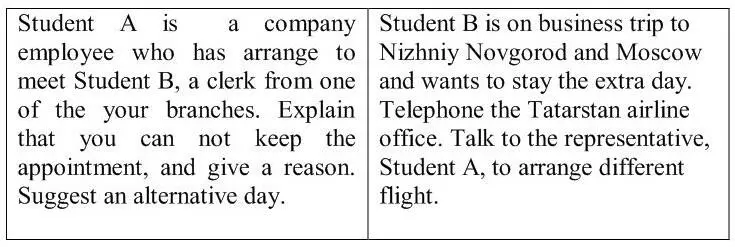
Making contacts
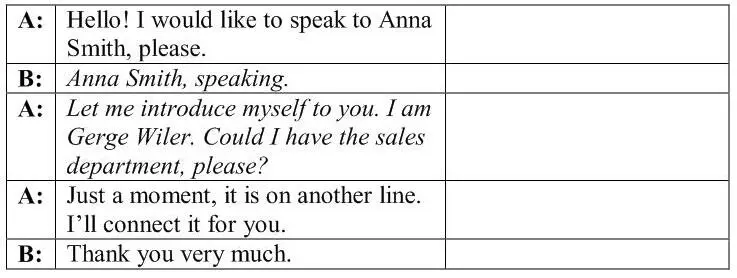
Transferring the call
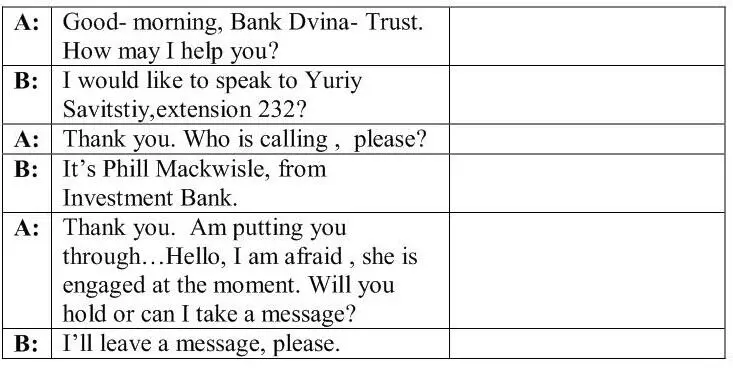
Making arrangements
Читать дальше
Конец ознакомительного отрывка
Купить книгу
